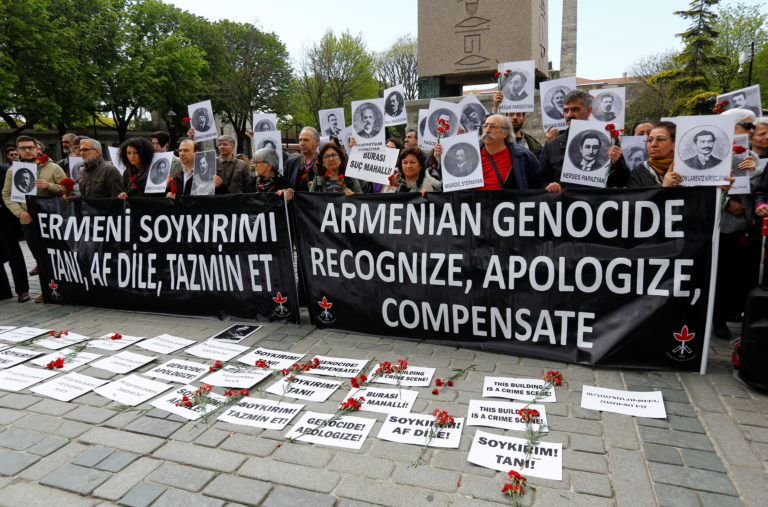Collective & Personal Memory
Memory culture involves the interrelation of two types of memory. In memory culture we mostly speak of collective memory, but personal memory is involved in our way of remembering the past as well. First of all, it is necessary to define what exactly collective memory is and why it is so important for our society.
In principle, collective memory is the memory “that is shared by a group and of central importance to the social identity of the group’s members” (Roediger and Abel 2015, p. 359). According to Misztal “collective memory gives substance to a group’s identity” (2010, p. 28). Consequently, past events are being reconstructed in order to make sense of the present or serve a specific purpose in today’s society in that particular community for example. Nonetheless, collective memories can have multiple meanings or purposes. For instance, collective memory can also be important to uphold the national identity (Misztal 2010, p. 26). After all, sharing historic memories which collectively shape our identity can create a feeling of belonging together. Perhaps, this is also the reason why collective memory is seen as an “essential condition of a meaningful and rich civil society” (Misztal 2010, p. 28). Without a shared identity, there is no commonality that keeps a society together or working towards similar goals. Breaking this down to a more basic structure, we can compare this to a small group only just getting to know each other. The biggest connection is often formed when the group can share experiences with each other. This leads to a feeling of community developing due to the collective memory that is slowly established.
Furthermore, there is also the idea of personal memory. Personal memory is the recollection of experiences we have had during our lifetime. It can be said that we are to some extent “the product of our memory” since the memory of different experiences can shape our way of thinking and living (Dudai and Edelson 2016, p. 275). However, it has been proven that our personal memory is influenced by different factors of society and thus also by collective memory. Simple conversations we have had and the topics we speak about that may involve our own past or the past of our community can either reinforce certain fragments of memory or increase the likelihood that we forget parts of it (Dudai and Edelson 2016, p. 276). This leads us to the interrelation of collective and personal memory that to no doubt exists. Collectivities do not have minds to experience things thus the memory can only be individual to some extent, however the individual does not exist detached from the collective. “Cultural traditions and communicative practices” influence the individual greatly, among others (Kenny 1999, p. 421). Even though it is not the collective that remembers but much rather the individual, every experience that we make that turns into memories is embedded in a social context and often are “shaped by social factors that make social remembering possible” (Misztal 2010, p. 27). Therefore, neither collective nor personal memory can exist without relying on each other. The remaining question is how does the “personal experience migrate into the collective memory” and thus influence the other individuals afterwards in the long run (Kenny 1999 p. 421)?


